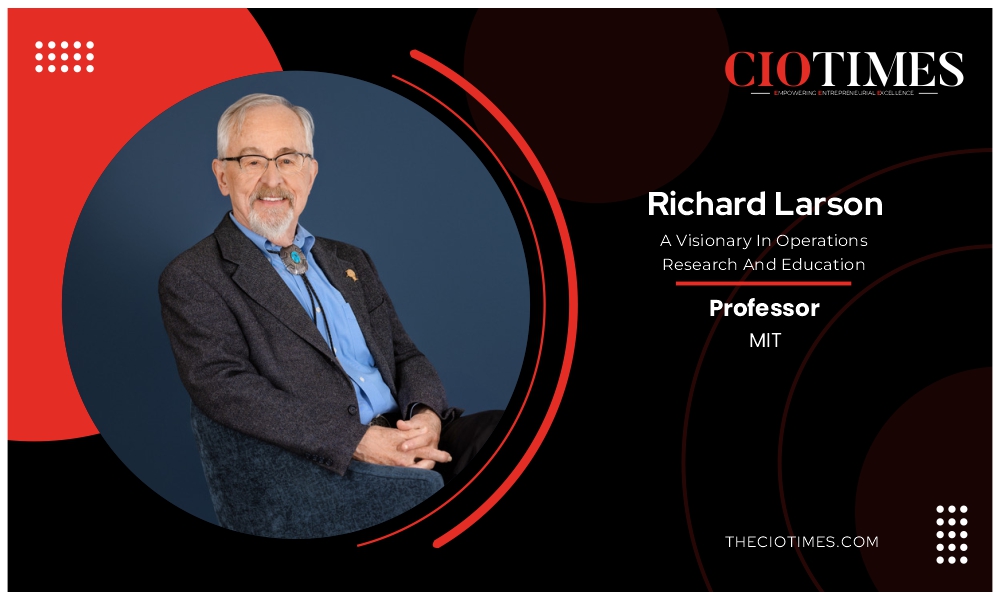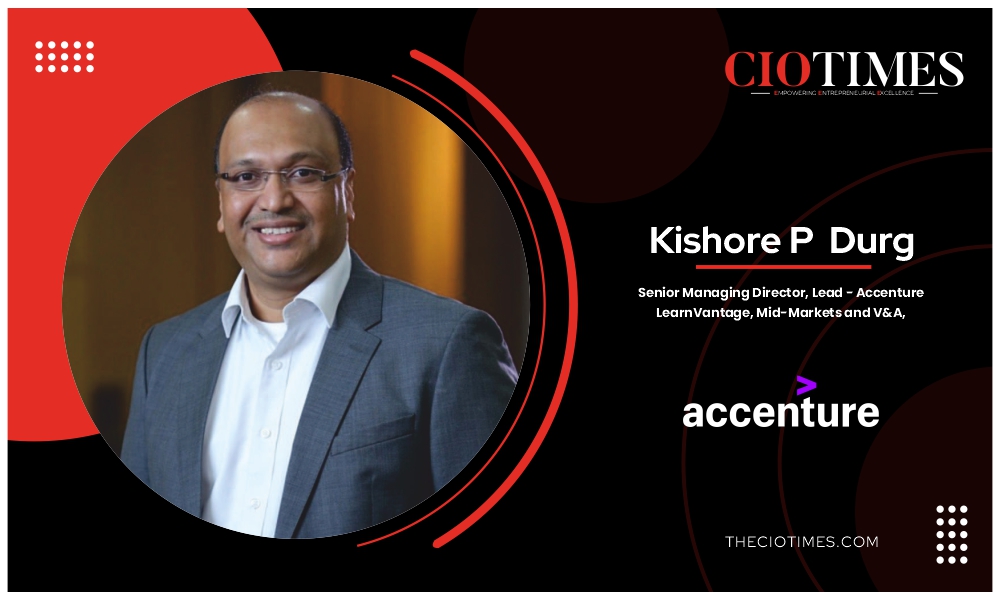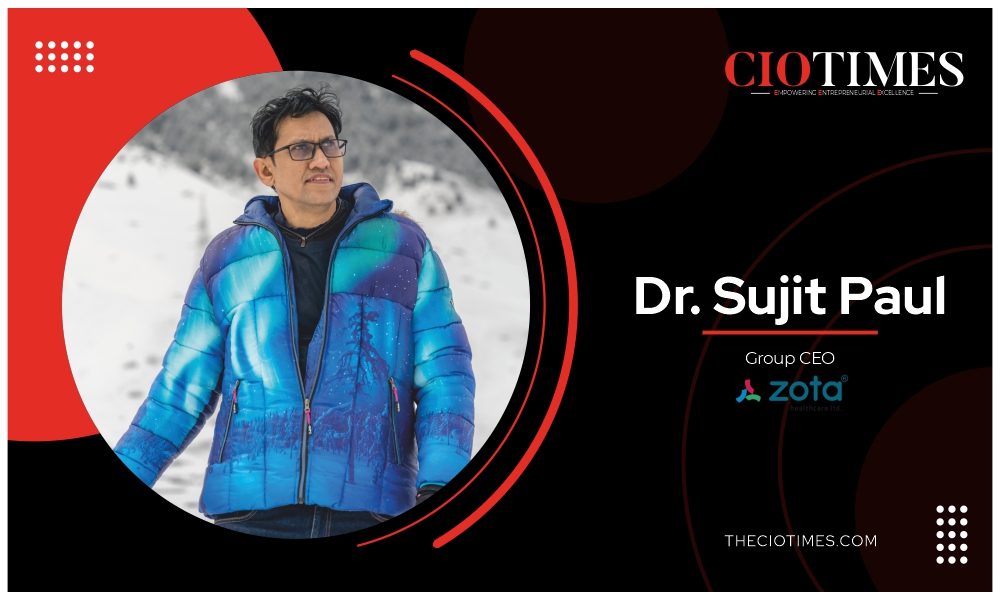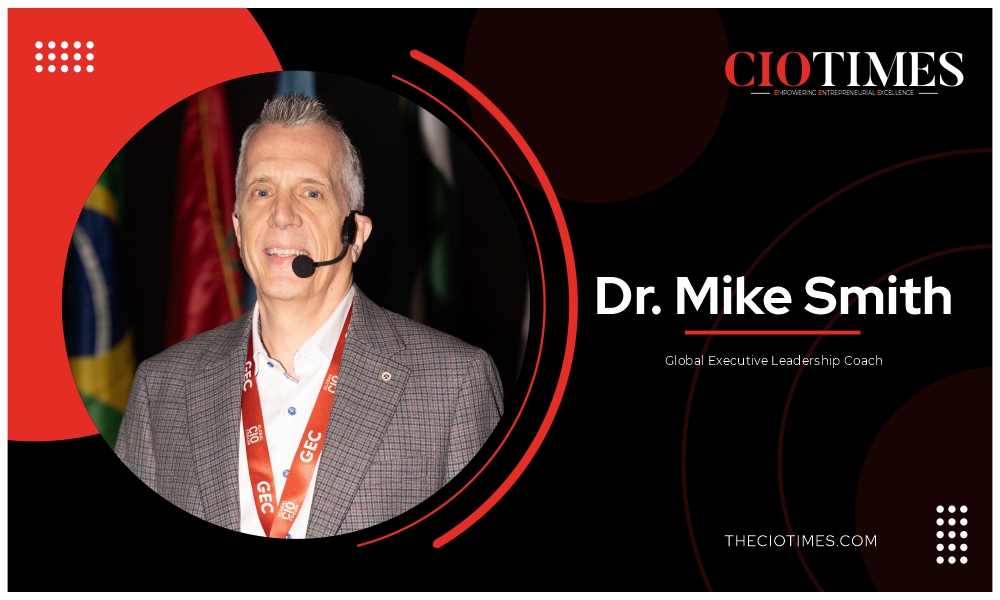Richard C. Larson, a distinguished academic and researcher, has dedicated his career to solving complex societal challenges through operations research and data-driven insights. As a professor at MIT, Larson has pioneered groundbreaking work in urban service systems, disaster planning, pandemic modeling, and technology-enabled education. His expertise in queueing theory has transformed industries, optimizing efficiency in healthcare, transportation, and emergency response.
Beyond academia, Richard’s contributions extend to education reform, where he has leveraged technology to make learning more accessible and engaging. His leadership in initiatives like MIT BLOSSOMS and the Learning International Networks Consortium (LINC) has empowered students worldwide with innovative learning methodologies. Through his interdisciplinary approach, Larson continues to shape the future of research, ensuring that data-driven solutions address real-world problems and improve lives globally.
Engineering Everyday Life Through Operations Research
Born in Bayside, Queens, New York, in 1943, Richard Larson’s early years were marked by a deep curiosity about the world around him. At age five, his family moved to Sunbury, Pennsylvania, and later to North Plainfield, New Jersey, where he spent his formative years. His fascination with science, particularly physics, took root during high school, where he found joy in understanding the fundamental principles that govern the universe. This passion led him to the Massachusetts Institute of Technology (MIT), where he earned his Bachelor’s, Master’s, and Ph.D. in Electrical Engineering.
Richard‘s journey into operations research was a serendipitous discovery during his master’s studies at MIT. He realized that operations research was, in essence, the physics of everyday life—a discipline that could be applied to real-world systems like traffic lights, queueing, and inventory control. Unlike traditional physics, which often focuses on theoretical constructs, operations research allowed him to solve practical problems that directly impact society. His cross-disciplinary mindset made him gravitate toward this field, as he preferred working horizontally across disciplines rather than being confined to a single academic silo.
Throughout his career at MIT, Richard has been part of five different academic departments, reflecting his evolving priorities and commitment to addressing pressing societal challenges. His work in urban service systems, disaster planning, and technology-enabled education has left a lasting impact, demonstrating how data-driven solutions can improve lives globally. His ability to bridge disciplines and apply scientific principles to real-world problems has cemented his reputation as a visionary in operations research.
Impact of Queueing Theory on Optimizing Systems
Richard’s research in queueing theory has profoundly shaped real-world operations, often in ways beyond his direct knowledge. Once a study is published, its insights ripple through industries, influencing systems and policies in unseen ways. However, some applications of his work have been more direct—such as his involvement in New York City’s emergency response system, where he applied queueing theory to reduce delays in answering emergency calls. His contributions have helped streamline service efficiency, ensuring that critical calls are handled faster, potentially saving lives.
Beyond emergency response, Richard’s Queue Inference Engine (QIE) has transformed industries by optimizing customer wait times, service logistics, and operational efficiency. His mathematical models continue to shape how organizations—from healthcare to transportation—enhance their systems to better serve the public.
Innovation and Intellectual Freedom
Richard describes MIT as a truly unique academic environment—one that has shaped his entire career since he first arrived as a freshman at age 18. As an MIT lifer, he has witnessed firsthand how the institution fosters intellectual freedom and interdisciplinary collaboration. At its core, MIT operates as a flexible meritocracy, where ability and innovation take precedence over rigid academic dogma.
Unlike traditional institutions that impose structured methodologies, MIT encourages researchers to approach problems creatively, allowing them to explore solutions beyond conventional boundaries. This openness has enabled Larson and countless others to challenge norms, pioneer breakthroughs, and share insights across disciplines, making MIT a powerhouse of cutting-edge research and transformative learning.
Interdisciplinary Approach to Operations Research Innovation
MIT fosters innovation in operations research through its interdepartmental research centers, where faculty and students collaborate across disciplines to tackle complex societal challenges. Richard Larson, who served as Co-Director of the Operations Research Center (ORC) for over a decade, highlights its role in bridging engineering, science, and management to develop data-driven solutions.
Beyond ORC, MIT’s Institute for Data, Systems, and Society (IDSS) further expands interdisciplinary research, integrating data science, artificial intelligence, and social systems to address public-sector problems. Larson’s transition from ORC to IDSS reflects MIT’s fluid academic ecosystem, where scholars are encouraged to explore new methodologies and cross-disciplinary insights. This culture of flexibility and collaboration ensures that operations research remains at the forefront of innovation and real-world impact.
Mentorship and Real-World Learning
For Richard, the most fulfilling aspect of his decades-long career at MIT has been the one-on-one mentorship of graduate students. Even after retirement, he reflects on the deep satisfaction of guiding Master’s and PhD candidates, helping them translate academic theories into real-world applications.
Beyond the classroom, Larson ensured his students gained hands-on experience by involving them in consulting projects, often in New York City’s public sector. These immersive experiences allowed them to apply operations research principles to real-world challenges, leading to insightful theses and published research. His commitment to mentorship and practical learning has shaped generations of scholars, reinforcing MIT’s reputation as a hub for innovation and interdisciplinary problem-solving.
The Real-World Challenge Beyond the Classroom
One of the biggest challenges in educating the next generation of operations researchers is bridging the gap between academic excellence and real-world application. Many students enter the field with outstanding academic records, yet their experience is often confined to classrooms, textbooks, and theoretical exercises. Richard emphasizes the importance of “boots on the ground” learning, urging students to step outside their academic comfort zones and engage directly with real-world systems.
Operations research is not just about equations—it’s about observing, interacting, and understanding the nuances of complex systems. Whether it’s traffic flow, emergency response, or supply chain logistics, true expertise comes from experiencing these challenges firsthand. Richard has consistently encouraged his students to immerse themselves in fieldwork, talk to professionals, and apply their knowledge in practical settings. This hands-on approach ensures that future operations researchers develop solutions that are both innovative and grounded in reality.
The Power of Hands-On Learning in a Digital Age
Despite advancements in technology and data science, Richard’s approach to teaching has remained rooted in active engagement and traditional problem-solving methods. As an MIT professor, he championed the idea that true learning happens when students physically interact with concepts, rather than relying solely on digital tools.
While many educators embraced computer-based learning, Richard encouraged his students to turn off their screens, pick up a sharpened pencil, and work through problems on blank sheets of paper. He believed that motorizing thought through writing enhances comprehension and retention—a principle now supported by modern research on cognitive learning.
Even in an era of data-driven education, Richard’s emphasis on fundamental problem-solving techniques ensured that students developed deep analytical skills, preparing them to tackle real-world challenges with clarity and precision.
Democratizing Education Through Technology
Richard sees technology as a powerful force in democratizing education, breaking down barriers that once limited access to world-class learning. Before the rise of the Internet, students in remote areas had little opportunity to engage with top-tier academic resources. Today, however, digital platforms have revolutionized education, allowing learners from any corner of the world to access MIT lessons, research, and interactive learning tools.
Through initiatives like MIT BLOSSOMS, Richard has championed the global distribution of knowledge, ensuring that students in rural China, Africa, and beyond can benefit from high-quality educational content. As technology continues to evolve, he envisions an era where AI, data-driven learning, and virtual classrooms further enhance accessibility, engagement, and personalized education, making learning borderless and inclusive.
Balancing Innovation and Engagement in MIT’s Learning Evolution
MIT has long been at the forefront of technology-enabled learning, pioneering advancements through initiatives like the MIT Media Lab and MIT Open Learning. The institution has consistently introduced cutting-edge educational models, often ahead of global trends. However, Richard emphasizes that while technology plays a crucial role, true learning is driven by engagement and commitment.
Richard remains skeptical of over-reliance on digital tools, arguing that attitudinal and emotional investment in learning is far more impactful than technological novelty. MIT’s approach reflects this balance—leveraging interactive learning models like Technology-Enhanced Active Learning (TEAL) while ensuring that students remain deeply engaged in problem-solving and critical thinking.
The Shift Toward Practical, Impact-Driven Operations Research
Operations research has evolved from a rigidly mathematical discipline into a dynamic, interdisciplinary field that prioritizes real-world applications. Richard highlights how the profession has moved beyond theorem proving—once the dominant focus of academic research—to embrace practical problem-solving that directly impacts industries and society.
Today, emerging trends in operations research include AI-driven optimization, sustainable systems modeling, and real-time decision analytics. The field is increasingly interdepartmental, integrating insights from engineering, management, and data science to tackle complex global challenges. Richard’s perspective underscores the importance of hands-on experimentation, much like a physicist testing theories in the real world, ensuring that operations research remains relevant, adaptable, and transformative.
From Research to Real-World Impact
Academic research has long played a crucial role in shaping policy and decision-making, influencing presidents, prime ministers, and legislators across the globe. While Richard has not directly studied political impact, his work has led to tangible changes in public systems. One notable example is his research on New York City’s 911 emergency response system, which resulted in immediate improvements in how emergency calls were handled, reducing delays and enhancing efficiency.
Looking ahead, Richard’s focus is on spreading the principles of Model Thinking, a concept he developed to enhance problem-solving and decision-making. His book, Model Thinking for Everyday Life, written during the COVID-19 lockdown, encourages individuals to approach challenges with structured reasoning, using conceptual and mathematical models to make smarter decisions. As he enjoys retirement, his mission remains clear: to share knowledge, inspire critical thinking, and ensure that research continues to drive meaningful change.




